The beginning of the election campaign in Poland
Poland is entering an election campaign. The war in Ukraine has fundamentally changed the context in which this campaign will take place and in which Poles will make their choices. Firstly, it has multiplied the economic difficulties already brought about by the pandemic, caused an influx of refugees into Poland, which naturally also has serious costs, contributed to a significant rise in inflation, and increased Poles’ uncertainty about the future.
But secondly, as a result of this war, Poland’s international position has been strengthened. Above all, it has made our NATO and EU partners aware of the enormous geopolitical importance of our country. Without Poland’s assistance, through which the main part of aid to Ukraine passes and which itself provides massive support to Ukraine, the fate of this war would have been decided in favour of the Russian aggressor long ago.
Opinions that Poland has become a “humanitarian power” are exaggerated and superfluous. We do not have in ourselves such complacency and hubris to claim such a title. We are doing our job. What we need is not flattery but partnership and respect. Today, our former critics in Europe admit that Poland was right in its assessment of Russia. But let us be specific - it was primarily Lech and Jarosław Kaczyński who were right; it was Law and Justice that was right. Claiming to be the leader of the entire opposition, Donald Tusk is desperately trying to erase the memory of the policy of reconciliation with Russia, of the policy of cooperation with Putin that he pursued when he was Prime Minister of Poland, obediently and eagerly following the strategy of the policy formulated by Angela Merkel. He was nothing more than a sub-contractor of this policy. Today, EU and US politicians harshly judging Angela Merkel’s policies should seriously consider whether they would really like to see her protégé return to power in Poland.
We must treat with great caution the journalistic thesis that the geopolitical centre of Europe has shifted to the east. It has only just begun to shift. It is a fact, however, that Poland’s defence potential and geopolitical importance have increased enormously. Poland’s “soft power” has also increased. For the first time since 2015, slanderous stories about Poland under Law and Justice, the export hit of our opposition, are not treated as credible. No one in their right mind will believe that Mateusz Morawiecki’s government is “pro-Russian” or “anti-Western”, as the opposition is trying to make our partners think and to force into the heads of the Polish people. And yet, up to now, even the most absurd tales about Poland spun by the delators have been believed - about the alleged xenophobia of Poles, about dictatorship, about the persecution of those who think and live differently from the majority, about restrictions on freedom of speech, and so on. Lack of direct experience, anachronistic stereotypes and prejudices, and finally sheer human stupidity and lemming-like rush caused people to swallow everything passed on by various discredited and now forgotten figures, but also by pompous “authorities” of the cultural elite and opposition politicians.
Despite the fact that life has falsified most of the calumnies and slanders, Brussels is unable to move away from its policy of (de facto) sanctions against Poland - just as it is unable to revise the foundations of its entire radical climate policy, which is becoming an increasingly absurd policy in a situation of prolonged war at the gates of the European Union. There is no doubt that the Commission headed by Ursula von der Leyen and Frans Timmermans has exhausted its options and is living out its political days, that it has become hostage to its “Green Deal”, legitimising its morbid activism and centralism.
Poland is not fundamentally different in terms of standards from Belgium, Luxembourg, Spain, France, or Germany, leaving aside some specific features of Polish identity and political culture - and if it differs, it differs in many respects in favour. Governments in Poland are coalition governments after 2015; power, as in other democracies, remains largely dispersed and fragmented - local governments, for example, are mostly in the hands of the opposition, as is the upper house of parliament, since the 2019 elections. As for the rule of law, some judicial coteries have understood the practice of this independence to mean independence from the state and the law. A significant number of judges have become political activists.
As opinion polls show, the rule of law issues do not matter much to voters, except for the hard, fanatical, “anti-PiS” electorate. Poles know that the real problem is not the dependence of the judiciary on the executive, but - in addition to the inefficiency and arbitrariness we have been facing for a long time - the growing chaos as a result of EU interference and reforms that have not been carried out very efficiently and consistently, as well as the dependence of some judges on external centres of power.
Maintaining a parliamentary majority has come at the price of far-reaching lowering of standards in this term. The loyalty of individual MPs had to be bought in exchange for positions in government, state agencies and state-owned companies. The Law and Justice party has failed in one of its most important promises it made when it was an opposition party: Polish politics has become neither more substantive nor - unfortunately - in many cases more decent. It is somehow natural that opportunists, careerists, and dishonest people stick to the ruling party, but due to the balance of power, there is no possibility of effectively fighting pathologies and getting rid of compromised people. Raising the standards of political and public life is all the more difficult, if not impossible, as the opposition has, from the outset, declared itself a “total opposition”, refusing not only any constructive cooperation but even a substantive exchange of arguments. Its only agenda is hatred and the desire to return at any cost.
Poles are weary of politics and discouraged with the governed. All the faults and weaknesses of Law and Justice do not blur the fundamental choice facing Poland: On the one hand, a left-liberal bloc that wants to bring the country in line with values considered progressive today, but which common human sense dictates to call a pathology and a violation of the dignity of human beings and the fundamental principles of social life. It is also apparent that in the event of an electoral victory, it will subserviently subordinate Poland to EU tendencies and make Poland an instrument of the policy of Germany, which will seek to regain its hegemonic position in the Union. On the other hand, there are the traditionalists who want to preserve Poland as a sovereign state within the European Union, to preserve Poland with its distinct cultural identity, its values, which stem from history and the Catholic faith of the majority of Poles, a state as a social state, for everyone, not just for the elite. Such a Poland has never been fanatical, xenophobic and always valued freedom - within the limits of reason and decency. Law and Justice is not a radical party; on the contrary, it is a party of moderation and common sense. Extreme radicals in Europe today are the left-wing and liberal parties with their “cancel culture”, their ideology of “free choice”, and “dialectically” devolving into extreme collectivism and interference in private life and individual freedoms.
The fact that Law and Justice, after almost eight years in government, is still the party with the highest support, consistently above 30 per cent, shows that it still has a powerful political force and enjoys the trust of its voters. In addition, 70 per cent of undecided voters, who will decide the final outcome of the upcoming elections, report that of all political parties, it is Law and Justice that is closest to them. If conservative voters, i.e. those with a common sense approach to reality, went to the polls, one could be confident of the outcome. These elections are winnable. And we intend to win them.



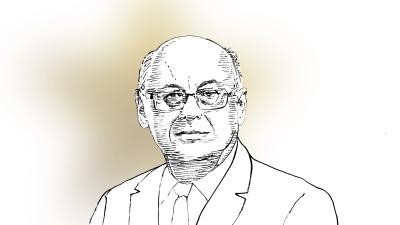

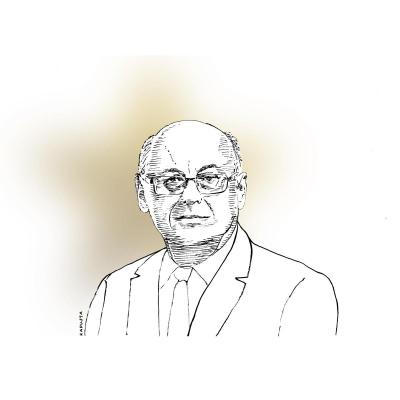
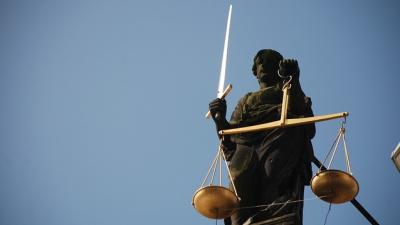


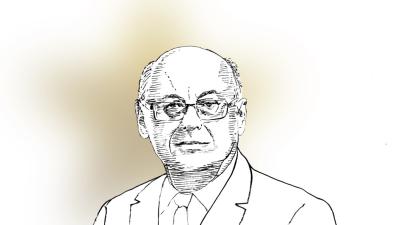

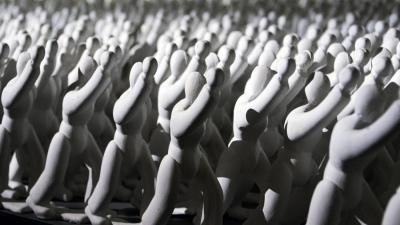

Comments (0)